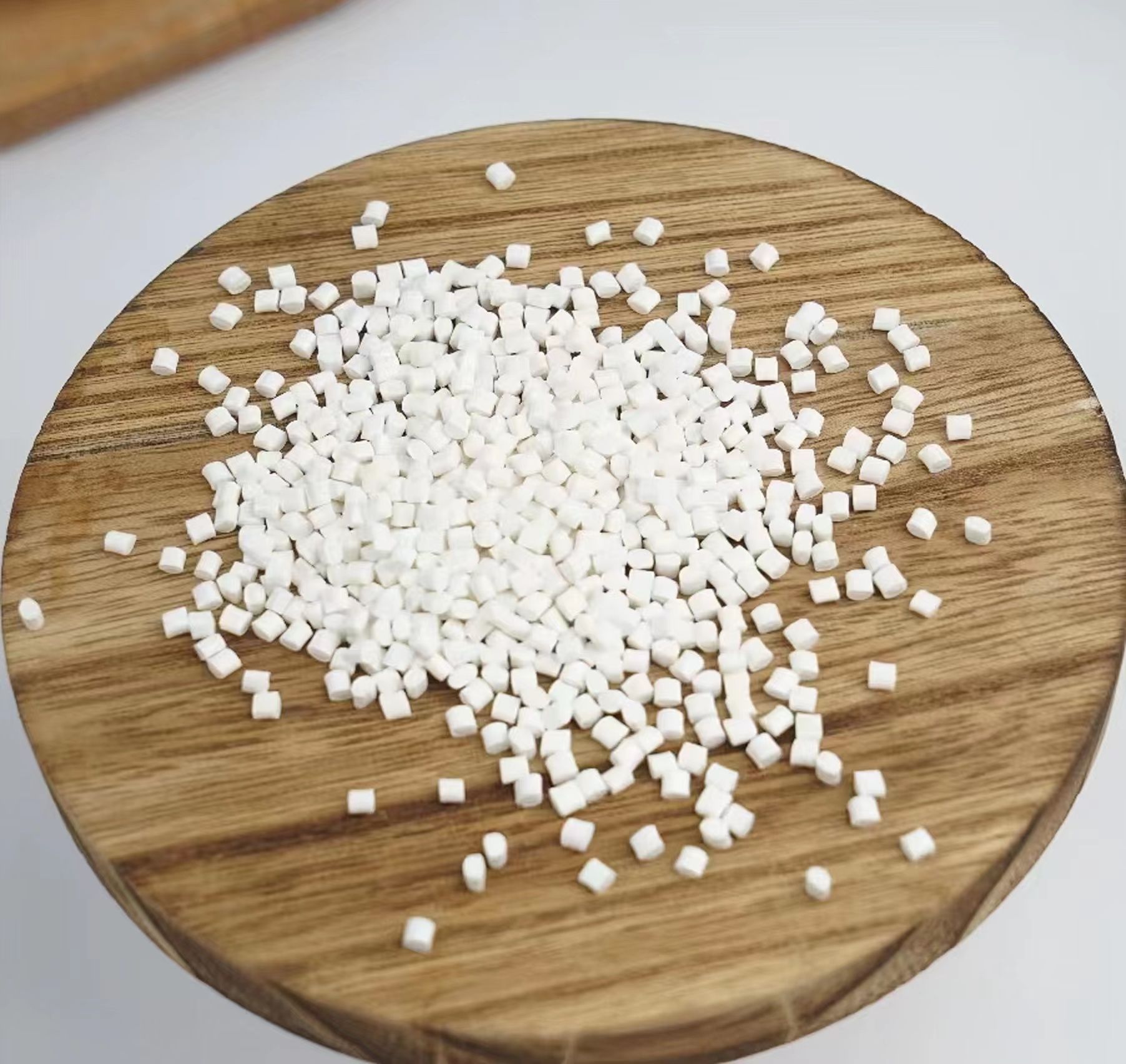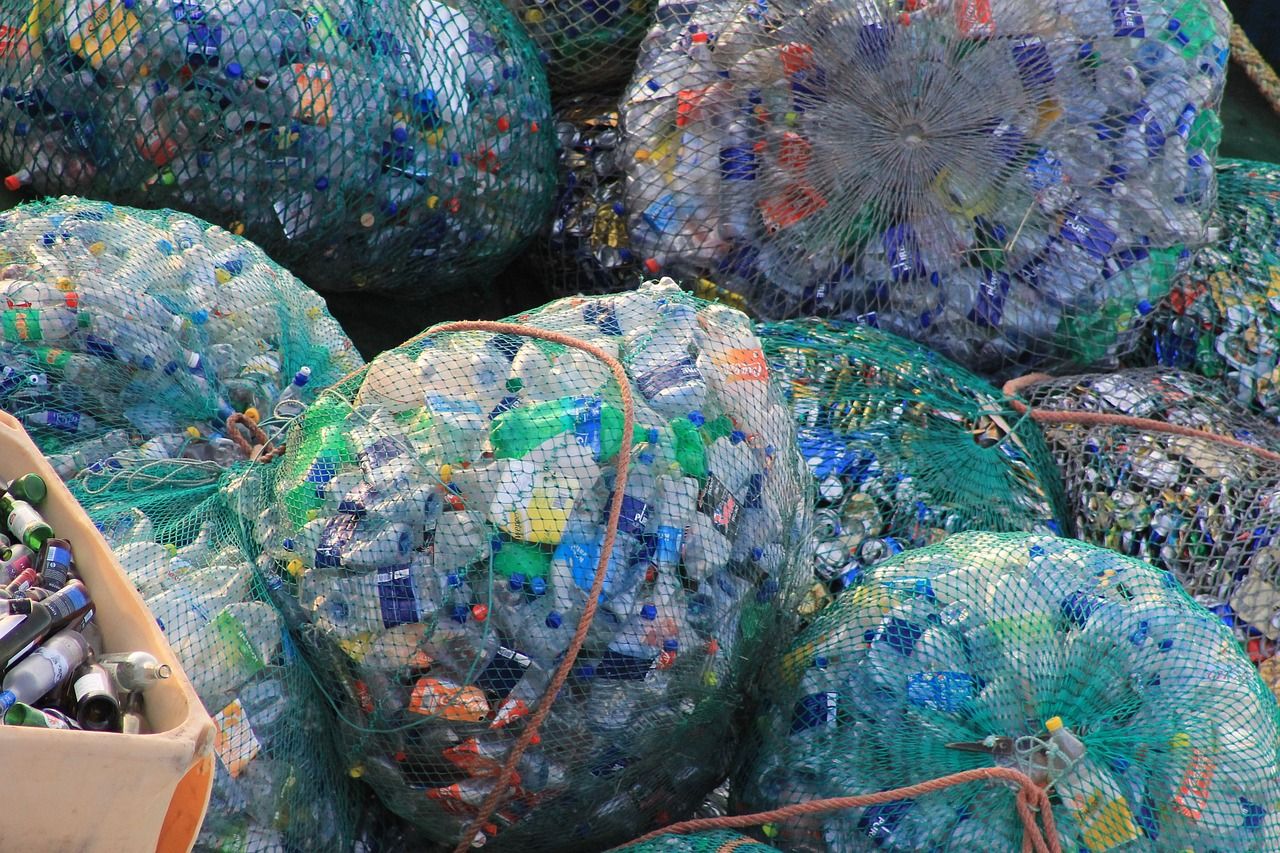
Unveiling the Differences: Virgin and Recycled PET Resin Explored
Virgin PET resin and recycled PET flakes are two types of PET (polyethylene terephthalate) materials with different characteristics and advantages. Virgin PET resin are made from freshly synthesized PET material through the polymerization of terephthalic acid (TPA) and ethylene glycol (EG). On the other hand, recycled PET resin are obtained through processes such as recycling, cleaning, cutting, and pelletizing of used PET products, such as plastic bottles and textiles. These two materials have differences in production processes, performance, application areas, economic benefits, and environmental aspects.
1. Features and benefits of both recycled and virgin PET resin
1) Production process: Virgin PET resin is typically produced by polymerization reaction of PTA and MEG. It has homogeneous chemical and physical properties and a stable quality. Its purity is high. Recycled PET resin, on the other hand, mostly comes from processed used PET bottles. The source of raw materials and the recycling process have an impact on the performance of recycled PET flakes, potentially lowering its quality. However, by including modifiers or additives, recycled PET flakes' performance can be raised.
2) Performance: Virgin PET resin have excellent mechanical properties, chemical stability, thermal stability, bright colors, and good gloss. The performance of recycled PET resin may be slightly lower than that of original PET chips, with poorer color and gloss.
3) Production cost: The production equipment for virgin PET resin chips is advanced and highly automated, resulting in high production efficiency. However, the cost of raw materials is relatively high. Recycled PET resin may be processed using relatively simple equipment that uses more energy and has a lower production efficiency. Nonetheless, raw material costs are not too high.
4) Application areas: Virgin PET resin chips are extensively utilized in a wide range of plastic goods, including fibers, food packaging, and beverage bottles. Low-demand plastic items like trash cans and flower pots are usually made from recycled resin. Advances in technology have led to a growing prevalence of recycled PET application in certain industries, including electronic products and automotive parts.
5) Economic benefits: Although virgin PET resin chips have excellent performance, their high cost may impact the economic benefits of businesses further down the supply chain. Recycled PET resin have lower costs and price advantages but may have performance limitations in certain areas.
6) Environmental aspects: More energy and resources are used in the manufacture of the virgin PET resin chips. Nonetheless, by recycling and reusing the products, waste's negative effects on the environment can be mitigated. Recycled PET resin contribute to resource recycling and environmental protection by lowering energy consumption and carbon emissions through recycling. Nevertheless, recycled PET's comparatively poorer quality and performance might somewhat restrict its use.

2. Processing costs for downstream industries
The processing costs of downstream industries are influenced by various factors, such as raw material prices, production equipment, processing techniques, energy consumption, and environmental requirements. Overall, the cost of processing recycled PET resin into downstream products may be higher. Here are some specific reasons:
1) Costs associated with raw materials: Virgin PET resin chips are bought directly from suppliers at a comparatively steady price. Recycled PET resin comes from waste recycling and disposal, which varies in price depending on processing costs, volume and rate of recycling, and other factors.
2) Production equipment: To achieve high production efficiency, original PET resin chips are typically produced using sophisticated, highly automated machinery. Recycled PET resin must be processed into downstream products using specialized equipment for recycling and processing. Some of this equipment may be relatively simple, which would reduce production efficiency.
3) Processing techniques: The virgin PET resin chips are processed using comparatively simple methods that use less energy. Energy consumption increases as a result of the complicated procedures needed to convert recycled PET resin into downstream products, which include crushing, cleaning, recycling, and pelletizing.
4) Environmental requirements: Strict adherence to environmental regulations, including wastewater treatment and exhaust gas treatment, is necessary for the processing of recycled PET into downstream products. This might mean that businesses have to spend more money building and maintaining environmental facilities.
5) Product performance and quality: Superior mechanical, chemical, and thermal stability of virgin PET resin chips lead to superior downstream products. There may be some impact on the downstream products made from recycled PET resin, leading to comparatively lower quality and the need for further funding to improve product performance.
As a leading manufacturer in PET resin industry, Wankai New Materials Co., Ltd. specializes in the research and production of green, environmentally friendly, and virgin PET resin chips. Its subsidiary also produces PCR-PET products. The company is committed to maximizing resource utilization and produces high-quality products that are exported worldwide, earning a good reputation and further enhancing brand value.
3、Conclusion
In summary, there are differences between virgin PET resin and recycled PET resin in many aspects. Virgin PET resin chips have excellent performance but higher costs. Recycled PET resin have environmental advantages, but their performance and quality may be slightly inferior to virgin PET chips. In practical applications, appropriate materials can be selected based on market demand, cost-effectiveness, and environmental requirements.

